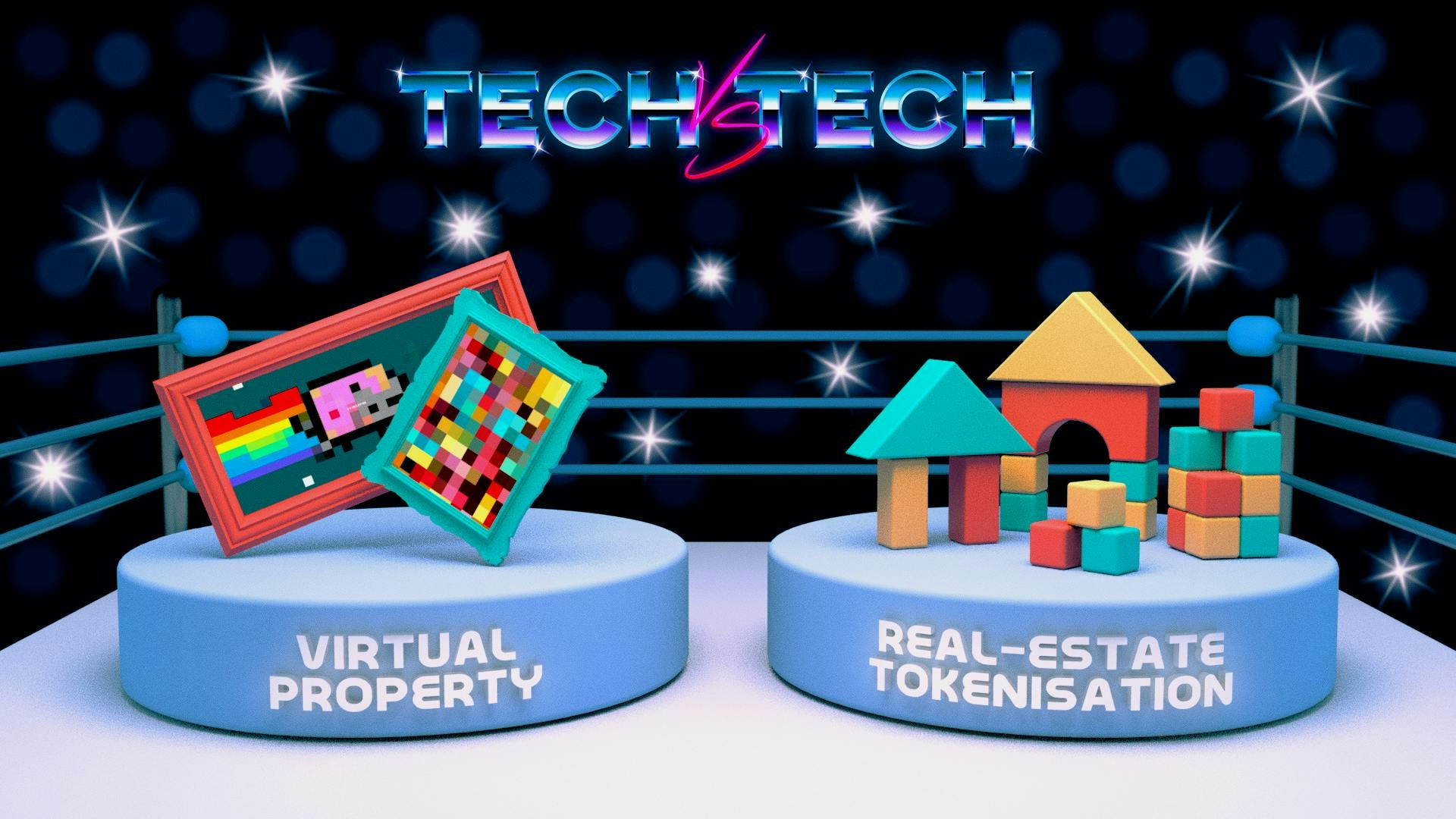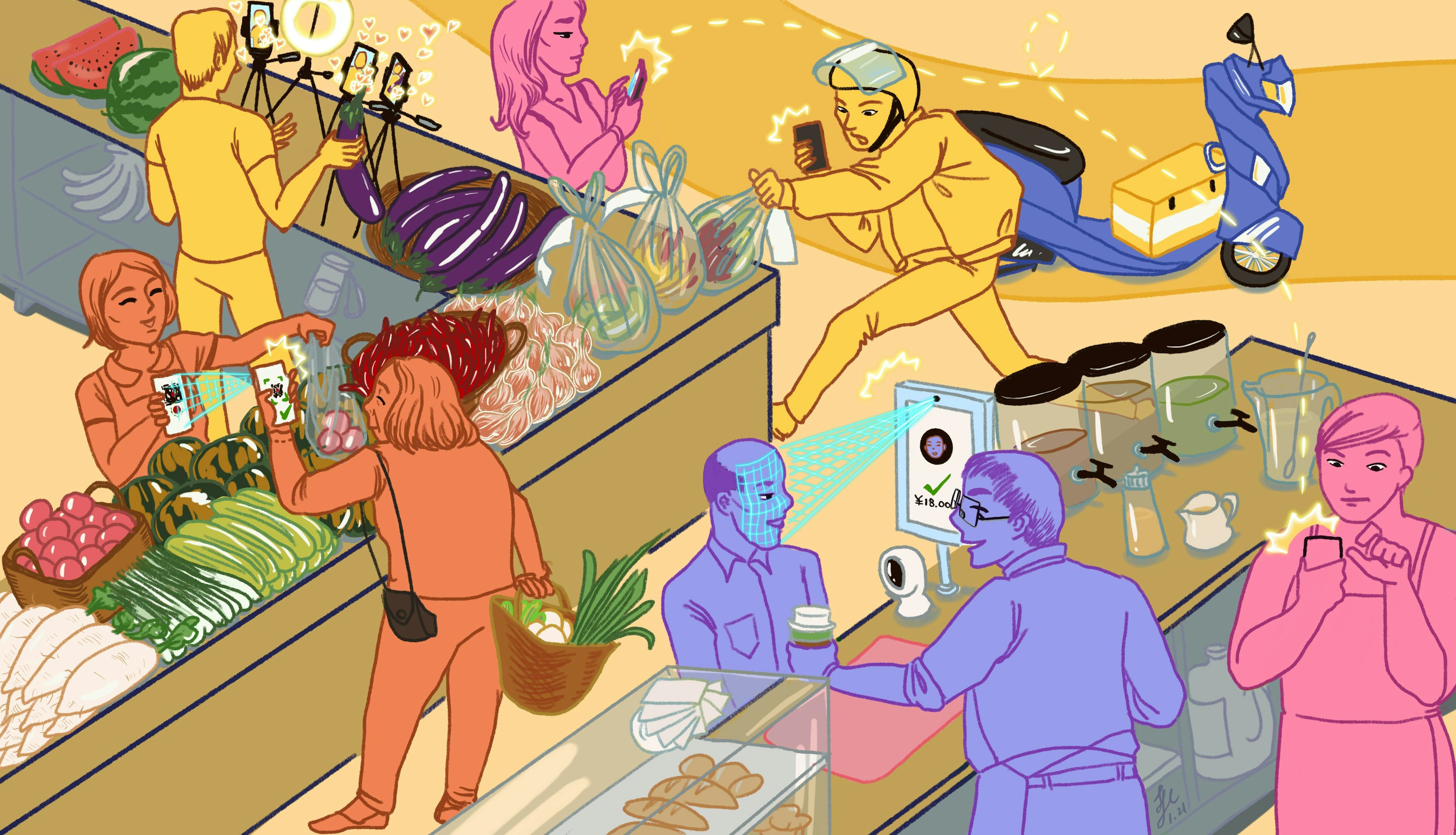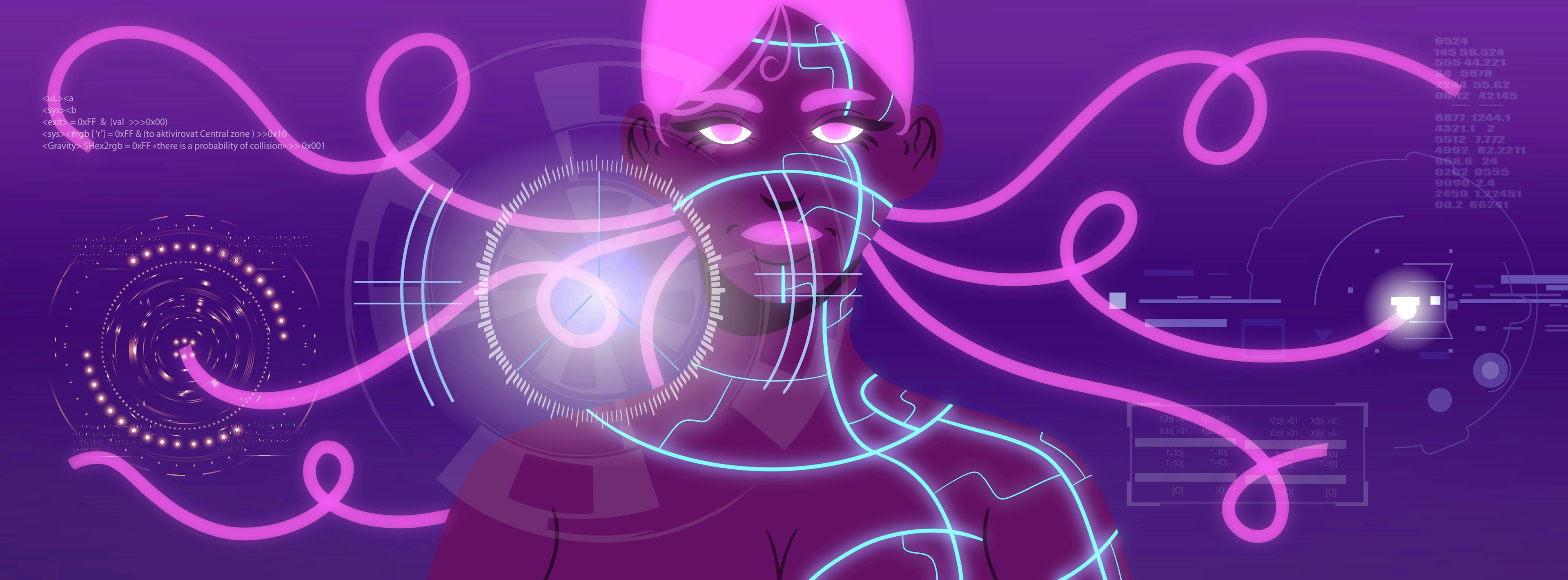Category:
Topic:
02/03
Sophisticated technology analysis made easy
The global data analytics platform for policy makers, investors and corporations financing emerging technology.
03/03
Get in touch
Connect with us in your preferred channel.
Category:
Topic:
02/03
Sophisticated technology analysis made easy
The global data analytics platform for policy makers, investors and corporations financing emerging technology.
03/03
Connect with us in your preferred channel.

Could buying virtual space provide the ownership status some crave without having to rely on actual tangible assets? This week’s Tech vs. Tech is between NFT-based virtual property (real estate NFTs) and—drumroll, please!—real estate tokenisation.

It is unclear exactly how much economic or innovative leeway tech companies and individuals operating in China really have. Is participating in a Taobao village considered innovative? What about the farmer peddling her wares via livestream? Is it possible to perceive, and thus safely navigate, government-accepted boundaries of invention and profit?

People define an economy. That does not change when the economy goes online. Stories about systems are stories about people... and despite significant regional distinctions, people in China are exploring the boundaries of our physical and virtual economies.

The Internet of Things (IoT) has become a catch-all to signify anything, from speakers powered by voice assistants, to AI powered refrigerators. Intel estimates that over 200 billion objects are now online. Yet one crucial thinking machine remains offline: the human body.

Gaming is often characterised as a solitary, even alienating pursuit, but a 2014 study found that more than 70 percent of gamers play with a friend. And with the global coronavirus lockdowns of 2020, the value of video games as a social meeting place has only grown.